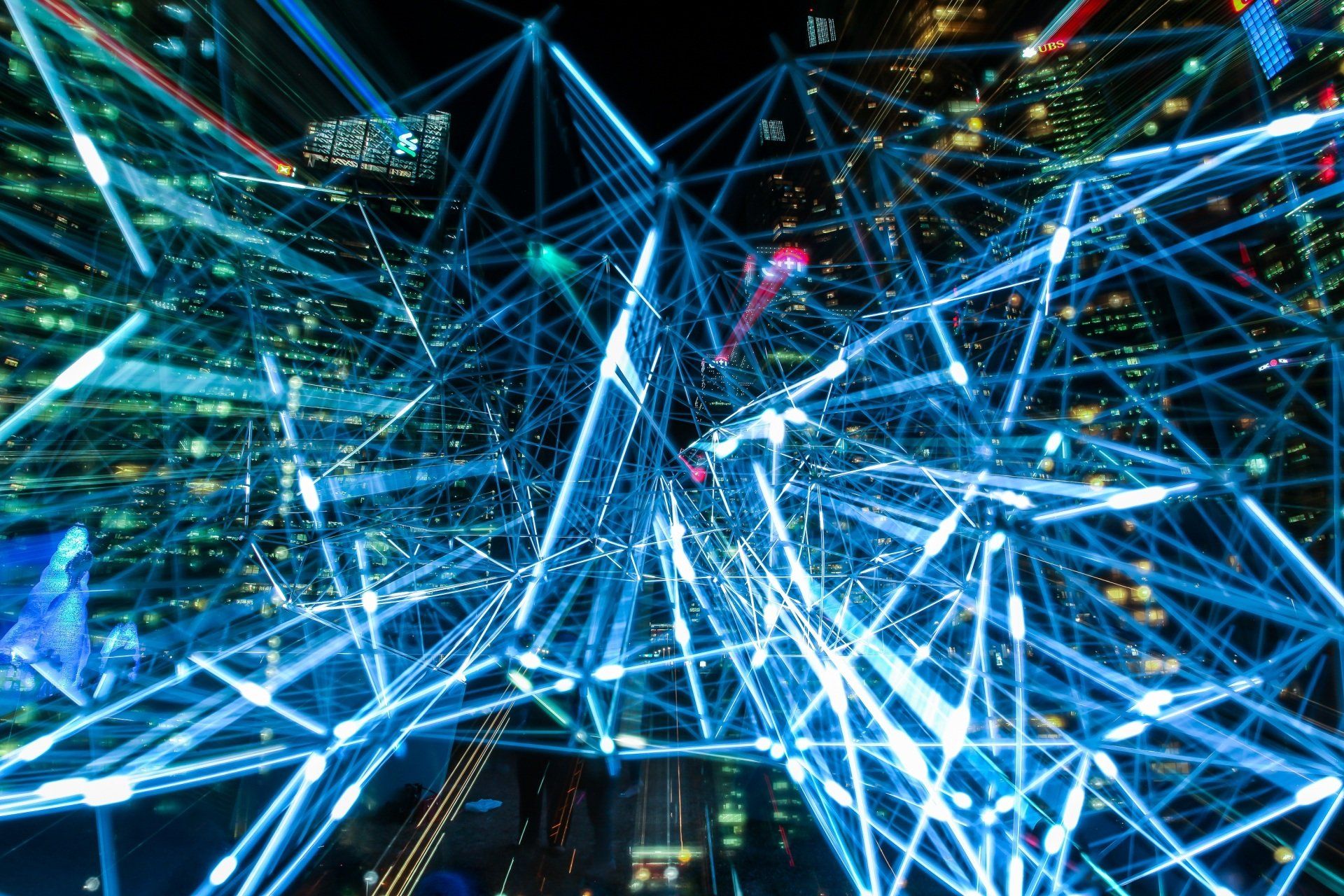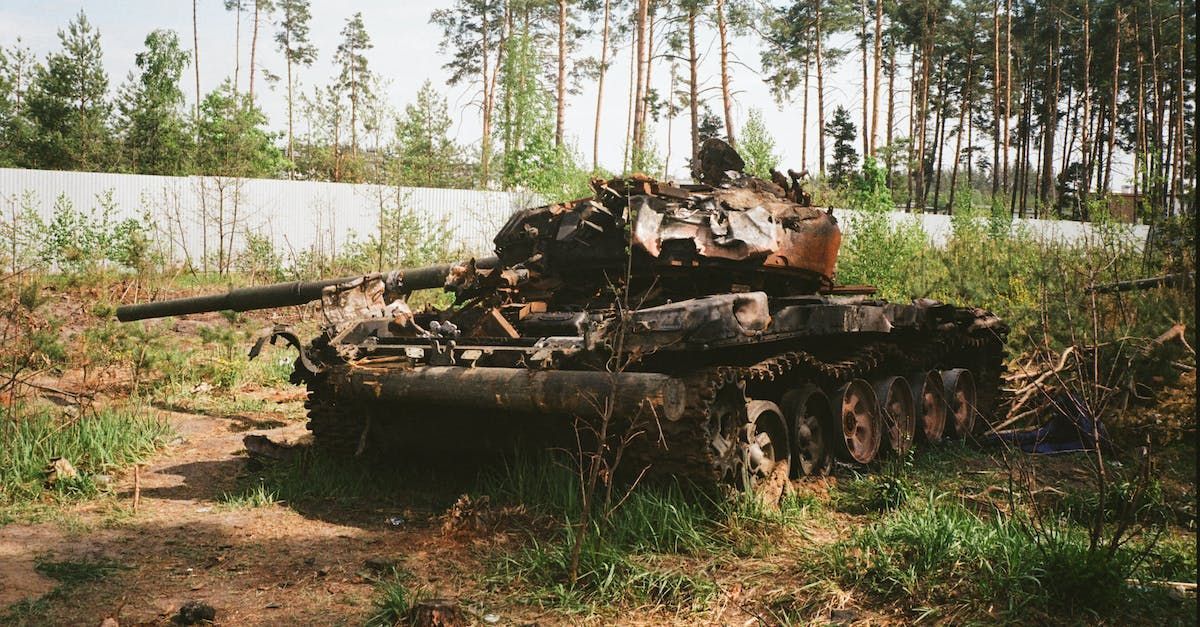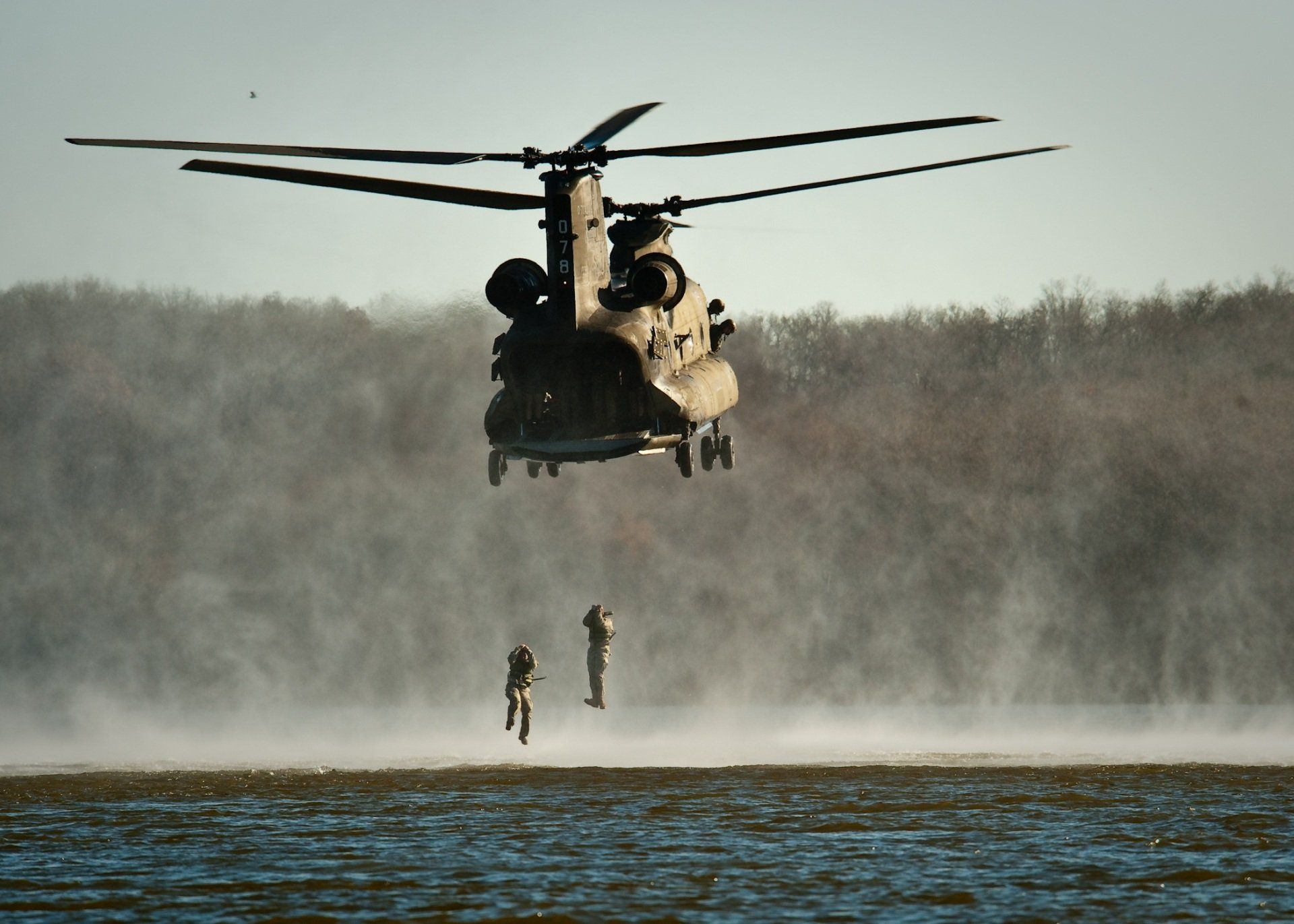The Intelligence Failures on January 6th Capitol Hill Riot
Uncovering the Crucial Oversights: An Examination of the Intelligence Lapses During the January 6th Capitol Hill Riot
Introduction:
The events of January 6, 2021, at the United States Capitol were a stark and distressing demonstration of a significant intelligence failure. The shocking breach of the Capitol building by a mob of supporters of then-President Donald Trump sent shockwaves around the world. In this essay, we will explore the various intelligence failures that allowed this unprecedented attack to occur and discuss their implications.
Lack of Coordination:
One of the primary intelligence failures was the lack of effective coordination between various law enforcement and intelligence agencies. While there were indications of potential unrest and violence in the lead-up to the event, these warnings were not consistently shared or acted upon. This lack of coordination meant that agencies had fragmented intelligence, making it difficult to form a comprehensive assessment of the threat.
Underestimation of Threat:
Another critical failure was the underestimation of the threat posed by the gathering crowd. Many officials initially downplayed the situation, characterizing it as a peaceful protest. This underestimation was despite clear indicators of extremist rhetoric and plans for violence circulating on social media platforms. The failure to recognize the potential for violence allowed the situation to escalate unchecked.
Inadequate Monitoring of Social Media:
The intelligence community failed to adequately monitor and respond to the threats and plans openly discussed on social media platforms leading up to January 6th. Extremist groups and individuals used social media to organize and coordinate their actions, making their intentions clear. The failure to proactively address these online discussions allowed the situation to develop into a crisis.
Delayed Response:
Despite the mounting evidence of violence and unlawful intent, the response to the unfolding situation on January 6th was slow and uncoordinated. It took several hours for sufficient reinforcement to arrive at the Capitol, and during this time, the rioters gained access to the building. The delayed response allowed the breach to occur, putting the safety of lawmakers, Capitol staff, and law enforcement officers at risk.
Inadequate Preparation:
Another significant failure was the inadequate preparation of law enforcement for the scale and intensity of the riot. The lack of physical barriers, insufficient manpower, and ineffective crowd control tactics contributed to the inability to prevent the mob from entering the Capitol. The lack of proper preparations resulted in a situation that was difficult to control once it had spiraled out of hand.
Potential Political Influence:
There are allegations that political considerations may have influenced the handling of intelligence leading up to the event. Some argue that officials were hesitant to act on intelligence out of concerns about the optics and potential backlash, considering the event's political context.
Implications and Reforms:
The intelligence failures surrounding the January 6th Capitol Hill riot have had far-reaching implications. They have exposed weaknesses in the intelligence-sharing and response protocols within the United States government. These failures have eroded public trust in the ability of law enforcement and intelligence agencies to protect the nation from domestic extremism and political violence.
In response to these shortcomings, investigations were initiated, and reforms have been proposed to enhance the nation's readiness for such events in the future. These reforms may include improved intelligence sharing, better monitoring of online extremist activity, and enhanced training for law enforcement in handling large-scale protests and riots.
Conclusion:
The intelligence failures on January 6th, 2021, at Capitol Hill represent a sobering reminder of the importance of a robust, well-coordinated, and proactive intelligence apparatus in safeguarding democratic institutions. The lessons learned from this tragic event should serve as a catalyst for change and reform within intelligence and law enforcement agencies, ensuring that such failures do not recur and that the foundations of democracy remain secure.
© 2023 Perseus Intelligence. All rights reserved.






